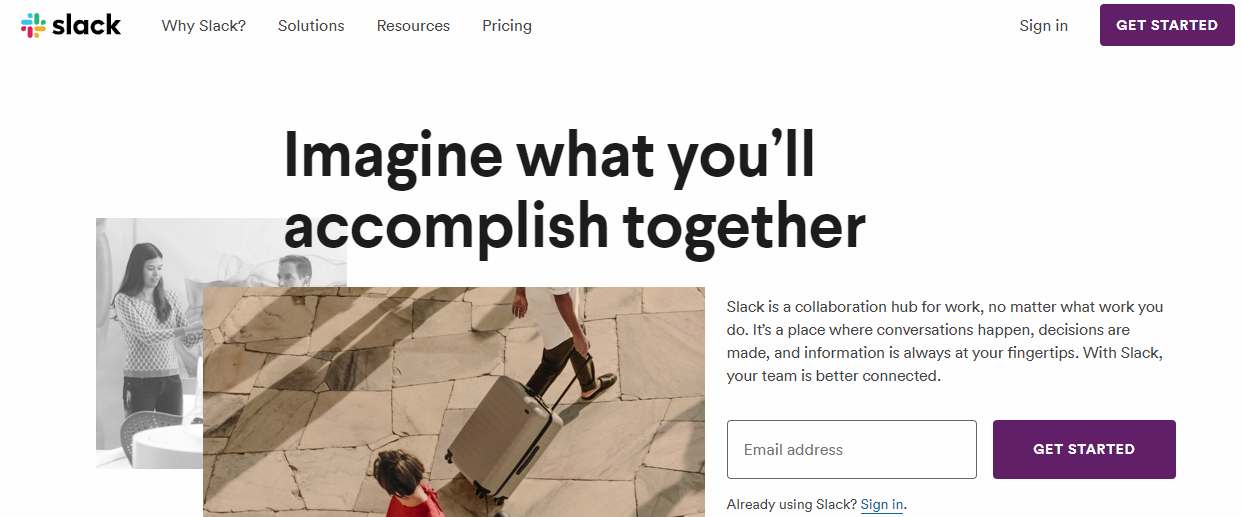Why Companies Are Relying on HR Agencies for Executive Search
Barsha Bhattacharya, 8 hours ago

Barsha Bhattacharya, 2 days ago

Barsha Bhattacharya, 1 week ago


What are corporate social networks? Are these types of tools really useful in a company? In this article, we mention some of the advantages of implementing an internal social network in your company and some examples of these tools.
People somewhat find it difficult to relate to the words “corporate” and “social networks” together. Social networks are associated with leisure and we forget that its main function is to act as a communication channel.
If we look for the definition of social network, we can see that it is a social structure where the different individuals (or organizations) are related to each other according to a common criterion that unites them.
And more specifically, in the field of information and communication technology, it is referred to as applications or tools that act as a means of communication. So, a corporate social network is a communication tool among employees.
We could say that corporate email was the first corporate social network. That today is still the most used, by the way. However, the needs of companies and more specifically the communication needs of workers have evolved so much that the functionalities of email are too little. This is where corporate social networks emerge. They are tools that allow collaboration and sharing of knowledge in real time among the employees of an organization.
Another important thing is that the benefits offered by these tools are diverse so businesses in different fields and with different goals can still make use of them.

Many tools are designed to streamline work processes where many employees are involved. They allow us to divide all the phases of the project into tasks and to identify where the project is located at all times and the person responsible for its progress.
Examples of this type of collaborative tools are Trello and Basecamp.
A great virtue of corporate social network is its ability to store information and these tools are accessible from all devices. Examples of storage networks include Dropbox or Google Drive.
Thus, all employees have access (or not, depending on how the permissions are set up) to the different documents that are handled in each department of the company. They are an excellent way to organize information and to end the saying “I cannot find the file “. In this way, it is possible to have a fully centralized database.
It is proven that these tools foster a collaborative and participatory culture. By coordinating efforts and centralizing workflow, team feeling is reinforced by employees.
Now that the term LinkedIn is so fashionable, these tools encourage this type of profile. They can be used to create profiles of professionals with great knowledge and are able to function in any situation innovatively and collaboratively.
By offering free access to company information, encouraging teamwork and collaboration, these tools are indispensable for the promotion of this new figure in any organization.
We could discuss many more advantages but in the end, one of the most interesting is that they greatly enhance the efficiency and productivity of workers.
Pinpointing on a social network as the best can be confusing. Many of the networks offer different services so you have to look for the ones that can help you achieve your goals. There will be some that adapt better to your needs than others. But here are several examples of the most used today:

The disadvantage is that it is not a single tool or application but the combination of many different tools. Even so, the functionalities of all of them come to configure the corporate social network offered by Google.
Image credit: networkworld.com
Yammer is a free corporate social network. Well, it’s really freemium. It belongs to Microsoft and is included in its Microsoft 365 package.
It works very similar to any other social network where you can post comments and engage in conversations with other employees.
Image source: sharepointeurope.com
The Beezy platform is also one of the best known. It has large clients such as Vodafone and numerous recognitions. They define themselves as a software solution that unites the 4 pillars of modern digital workspaces: collaboration, communication, knowledge, and processes.
As you can see, its interface is very similar to other social networks. If Yammer looked like Facebook, Beezy looks a little more like the Linkedin feed.

The different projects or collaborative spaces are classified using hashtags, imitating networks such as Twitter and Instagram.
And these are just a few examples. There are many more, and your choice will depend on the needs of your company. Before you choose the social network for your company, you should know what it offers and ensures that your employees are familiar with such a network.
Read Also:
Abdul Aziz Mondol is a professional blogger who is having a colossal interest in writing blogs and other jones of calligraphies. In terms of his professional commitments, he loves to share content related to business, finance, technology, and the gaming niche.